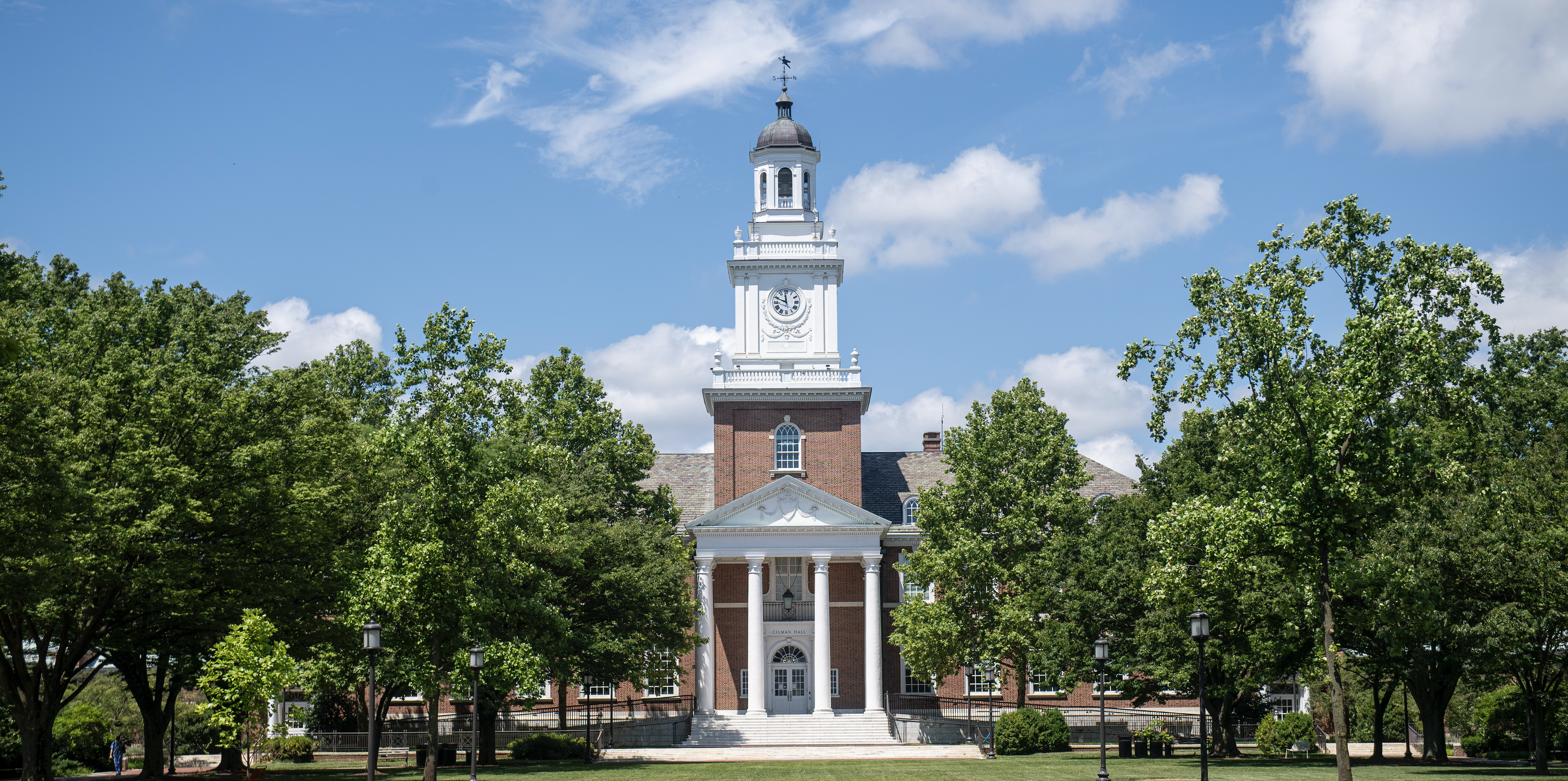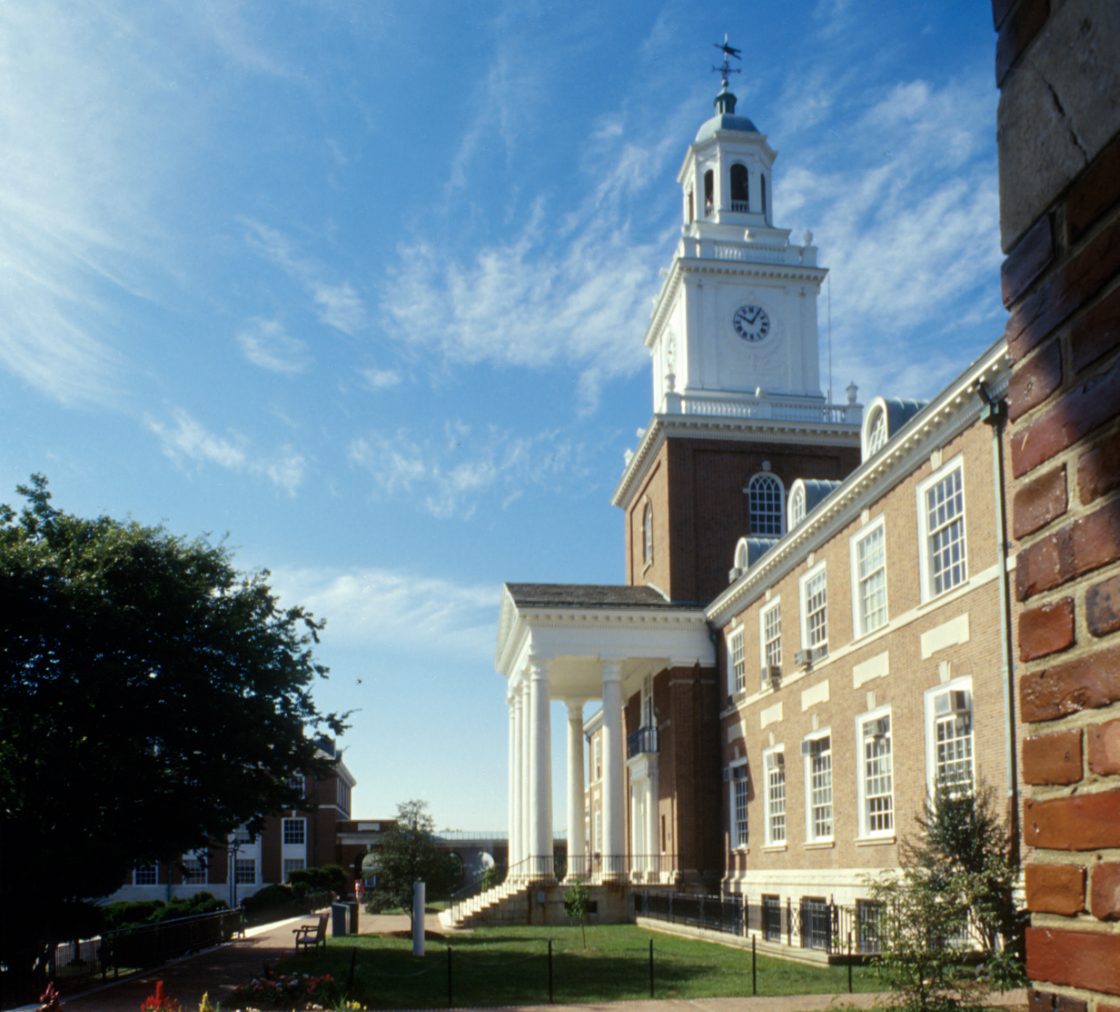
I am a Postdoctoral Researcher in Biomedical Engineering at Duke University, working in the laboratory of Dr. John W. Hickey from February 2026. Prior to this, I conducted postdoctoral research at Johns Hopkins University with Dr. Hai-Quan Mao , following my doctoral training.
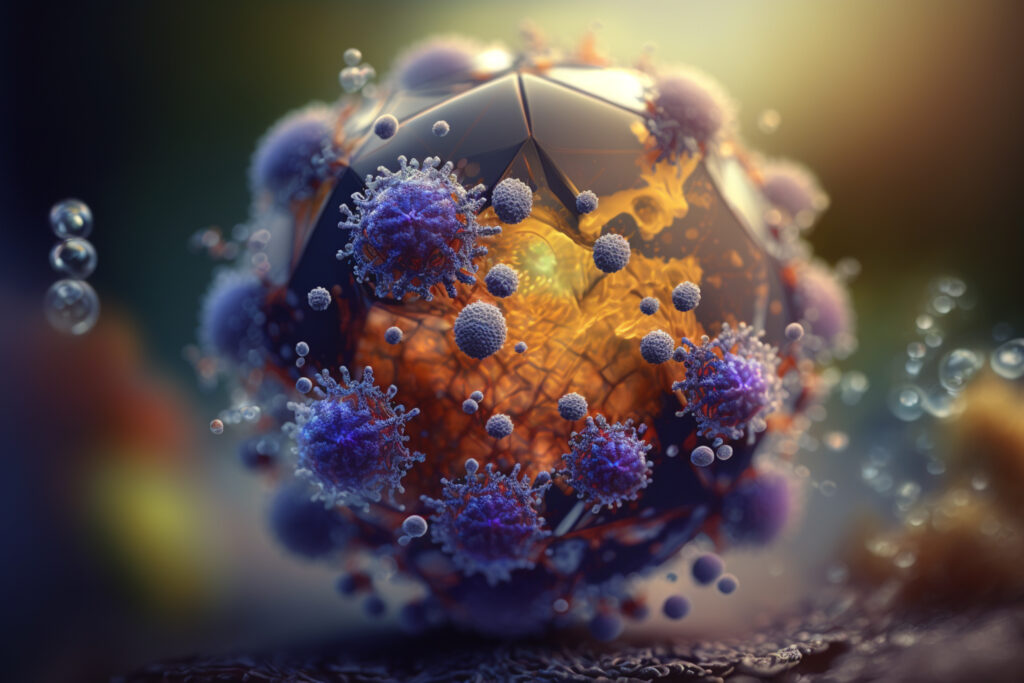
My doctoral and early postdoctoral research centered on the design and optimization of lipid nanoparticles (LNPs) for gene therapy and mRNA vaccine delivery. I am now pivoting toward spatial proteomics and systems immunology to study aging-associated immune responses.
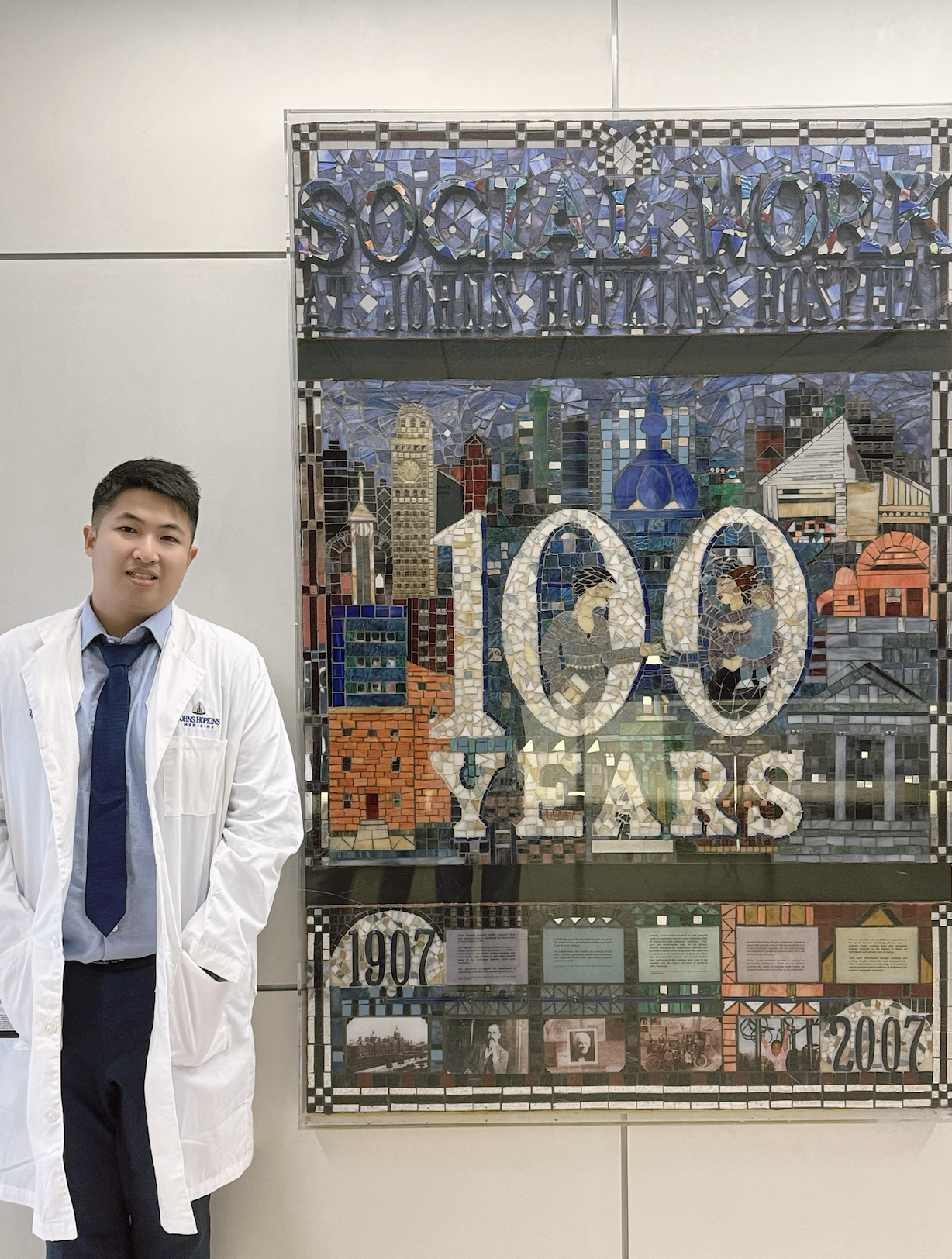
I have been recognized as a Siebel Scholar (2025) and named to Forbes 30 Under 30 – Science, U.S. (2026) for contributions to nanoparticle-enabled gene delivery and immunoengineering.
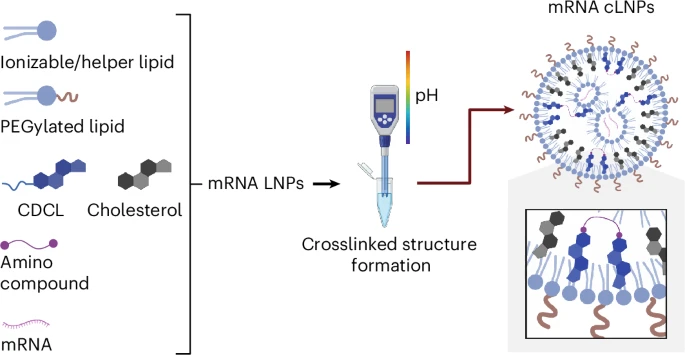
Crosslinking of lipid nanoparticles enhances the delivery efficiency and efficacy of mRNA vaccines
Liu X*, Zhu Y*, Wei C, Lin J, Yu D, Kong J, Shao F, Ma J, Xu T, Lu X, Su Y, Goodier KD, Cheng L, Toh WH, Erb CJ, Li S, Wang TH, Mao HQ.
- This study reports a post-assembly, reversible crosslinking strategy that enhances lipid nanoparticle (LNP)-mediated MRNA delivery while preserving efficient intracellular release. The resulting crosslinked LNPs enable improved endosomal escape, sustained in vivo expression and robust immune and antitumor responses across multiple clinically relevant LNP platforms.
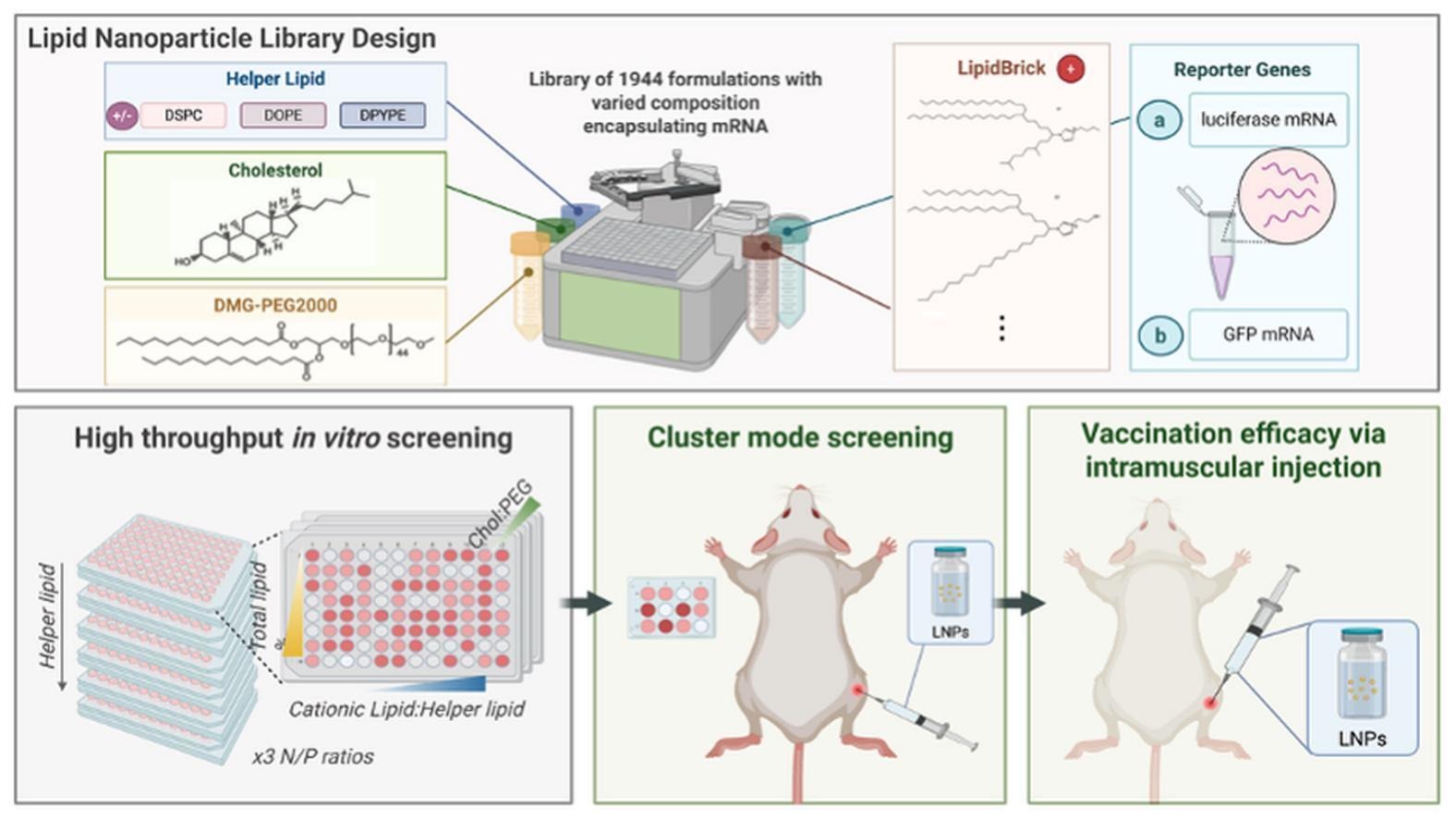
Imidazolium lipid-based nanoparticles enable effective mRNA delivery and cellular immune response
Lin J*, Zhu Y*, Cheng L, Wei C, Kong J, Choy J, Lu X, Yu D, Ma J, Liu X, Su Y, Naganand S, Gueguen C, Huaulme Q, Urguia P, Mao HQ.
- Imidazolium LipidBrick® cationic lipid nanoparticles (LNPs) provide a pH-independent platform for nucleic acid delivery. Here, we screened 1,944 formulations and identified candidates that outperform the clinical ionizable benchmark ALC-0315 in multiple cell types. A lead formulation induced comparable antibody responses but ~3-fold stronger antigen-specific T-cell immunity while maintaining low cytotoxicity.
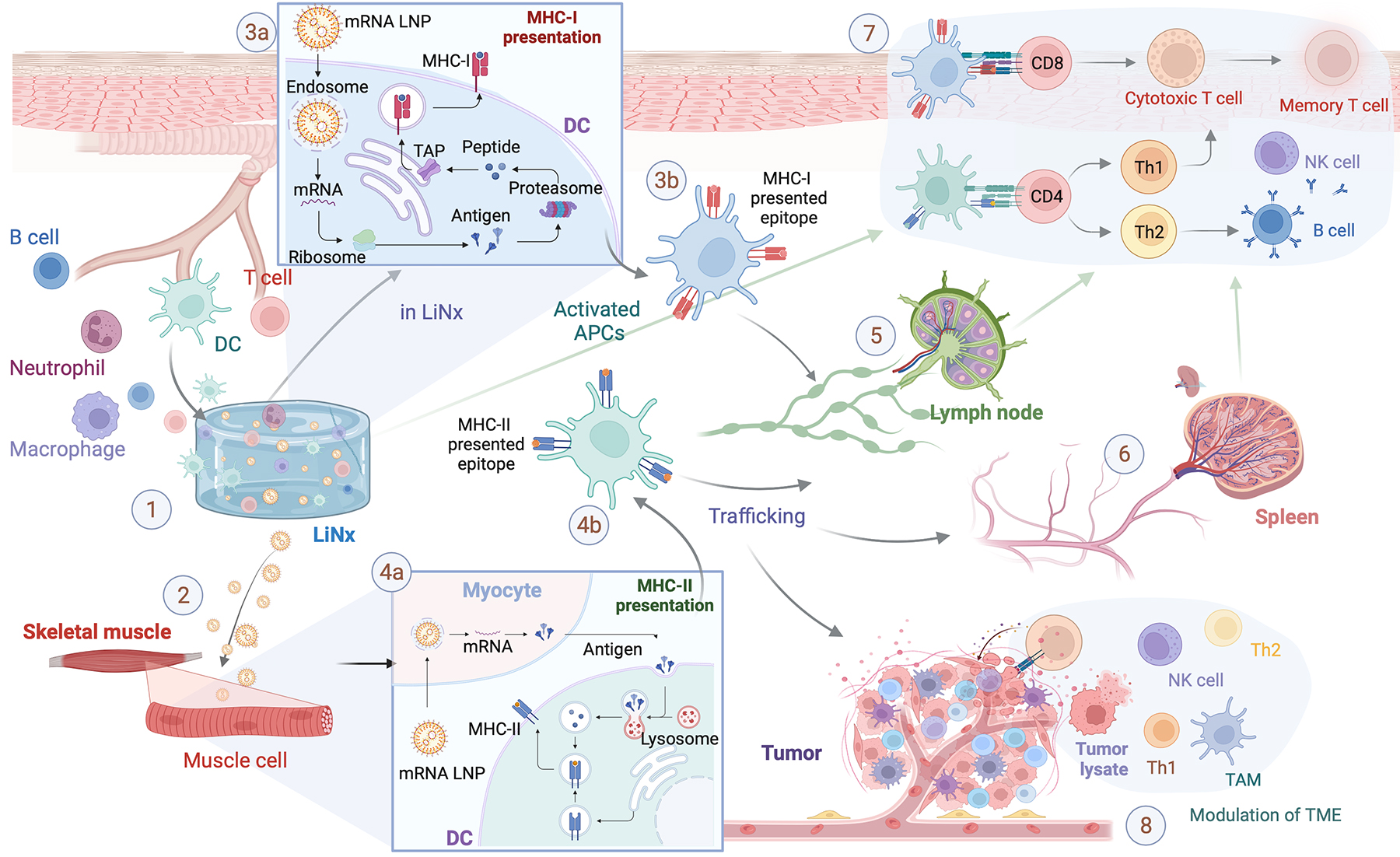
An mRNA lipid nanoparticle-incorporated nanofiber-hydrogel composite for cancer immunotherapy
Zhu Y*, Yao ZC*, Li S*, Ma J, Wei C, Yu D, Stelzel JL, Ni BYX, Miao Y, Van Batavia K, Lu X, Lin J, Dai Y, Kong J, Shen R, Goodier KD, Liu X, Cheng L, Vuong I, Howard GP, Livingston NK, Choy J, Schneck JP, Doloff JC, Reddy SK, Hickey JW, Mao HQ.
- Hydrogel materials have emerged as versatile platforms for biomedical applications. Here this group reports an mRNA lipid nanoparticle-incorporated microgel matrix for immune cell recruitment, antigen expression and presentation, and cellular interaction, thereby eliciting antitumor efficacy with a single dose.
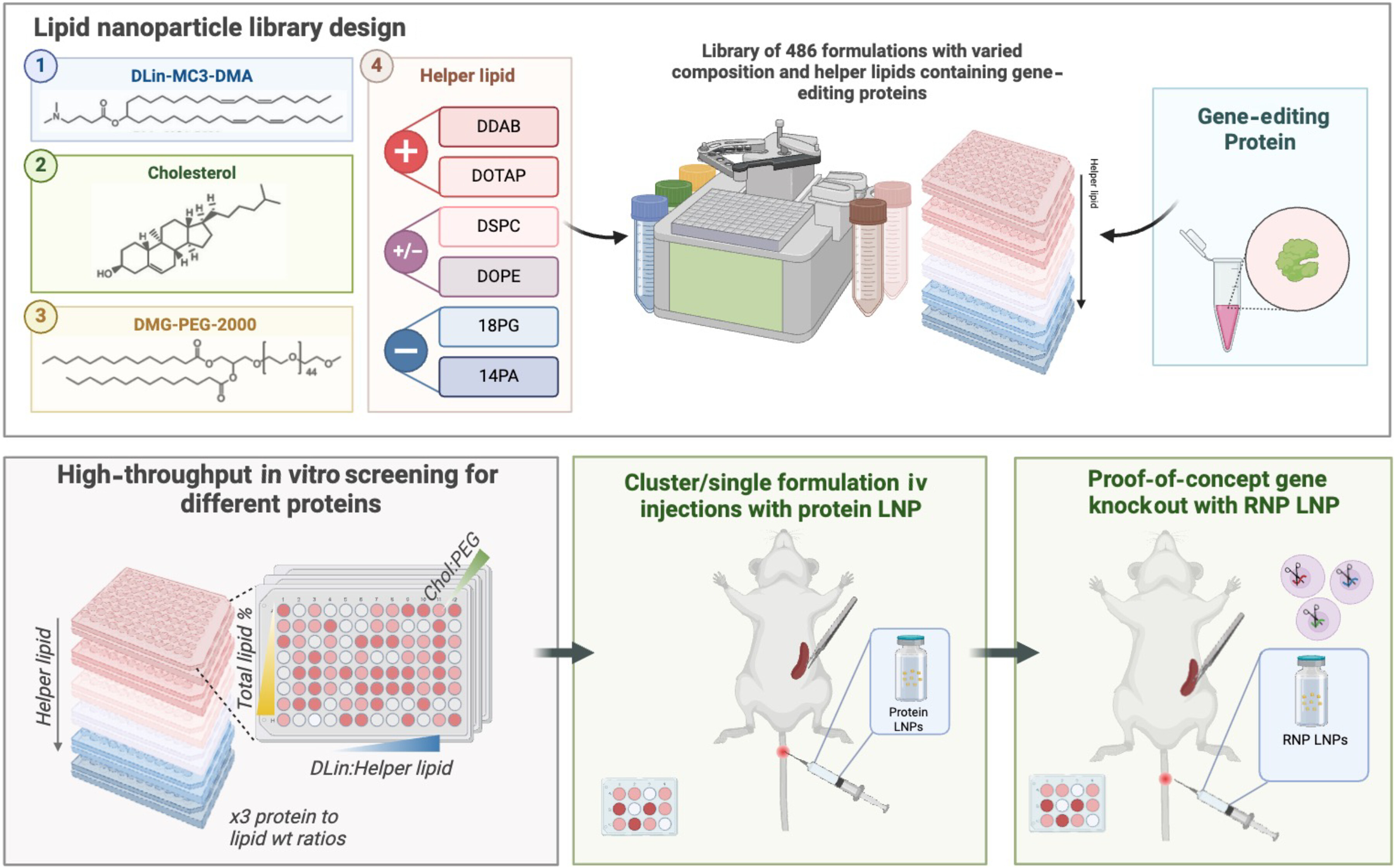
Lu X*, Zhu Y*, Wei C, Cheng L, Goodier KD, Kong J, Gao X, Yu D, Liu X, Long Y, Lin J, Ma J, Su Y, Mao HQ.
- We developed a multistep screening platform to identify lipid nanoparticles (LNPs) that preferentially target the spleen. Through systematic in vivo selection and formulation optimization, we discovered LNPs capable of delivering CRISPR–Cas9 ribonucleoprotein (RNP) complexes directly to T cells in vivo. The optimized LNPs achieved efficient gene editing of splenic T cells without requiring ex vivo manipulation. This work establishes a foundation for immune-cell–targeted gene editing, advancing the development of next-generation immunotherapies and RNA-based medicines.
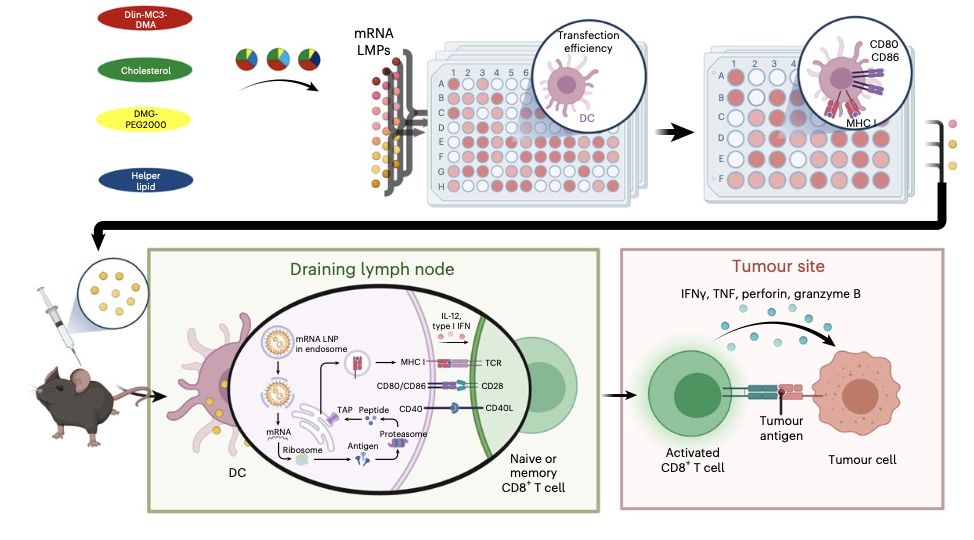
Zhu Y, Ma J, Shen R, Lin J, Li S, Lu X, Stelzel JL, Kong J, Cheng L, Vuong I, Yao ZC, Wei C, Korinetz NM, Toh WH, Choy J, Reynolds RA, Shears MJ, Cho WJ, Livingston NK, Howard GP, Hu Y, Tzeng SY, Zack DJ, Green JJ, Zheng L, Doloff JC, Schneck JP, Reddy SK, Murphy SC, Mao HQ.
- Lipid nanoparticles (LNPs) can be designed to potentiate cancer immunotherapy by promoting their uptake by antigen-presenting cells, stimulating the maturation of these cells and modulating the activity of adjuvants. In this paper, we report an LNP-screening method for the optimization of the type of helper lipid and of lipid-component ratios to enhance the delivery of tumour-antigen-encoding mRNA to dendritic cells and their immune-activation profile towards enhanced antitumour activity.
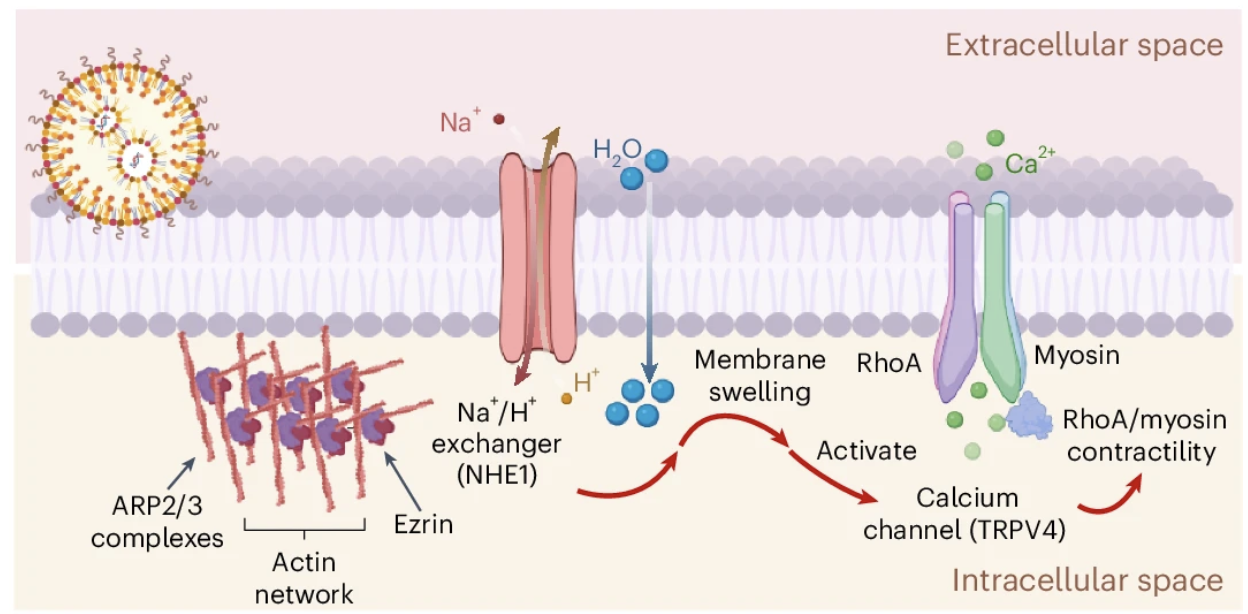
Tuning extracellular fluid viscosity to enhance transfection efficiency
Ma J*, Zhu Y*, Kong J, Yu D, Toh WH, Jain M, Ni Q, Ge Z, Lin J, Choy J, Cheng L, Konstantopoulos K, Konig M, Sun S, Mao HQ.
- Gene therapies and cellular programming rely on effective cell transfection. Here it is shown that optimizing the viscosity of cell culture media to match that of biological fluids substantially enhances the transfection efficiency for various gene delivery vehicles across different cell types.
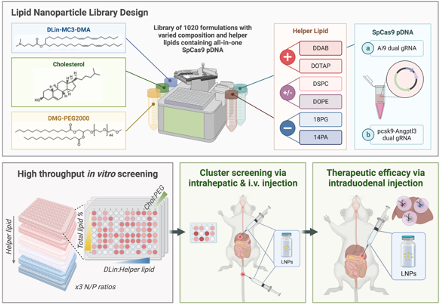
Optimization of lipid nanoparticles for gene editing of the liver via intraduodenal delivery
Zhu Y*, Cai SS*, Ma J, Cheng L, Wei C, Aggarwal A, Toh WH, Shin C, Shen R, Kong J, Mao SA, Lao YH, Leong KW, Mao HQ.
- Lipid nanoparticles (LNP) have recently emerged as successful gene delivery platforms for a diverse array of disease treatments. Here, we employed a multi-step screening method to optimize the type of helper lipid and component ratios in a plasmid DNA (pDNA) LNP library to efficiently deliver pDNA through intraduodenal delivery as an indicative route for oral administration. Beyond reporter protein expression, we assessed the efficiency in non-viral gene editing in mouse liver mediated by LNPs to knockdown PCSK9 and ANGPTL3 expression, thereby lowering low-density lipoprotein (LDL) cholesterol levels.
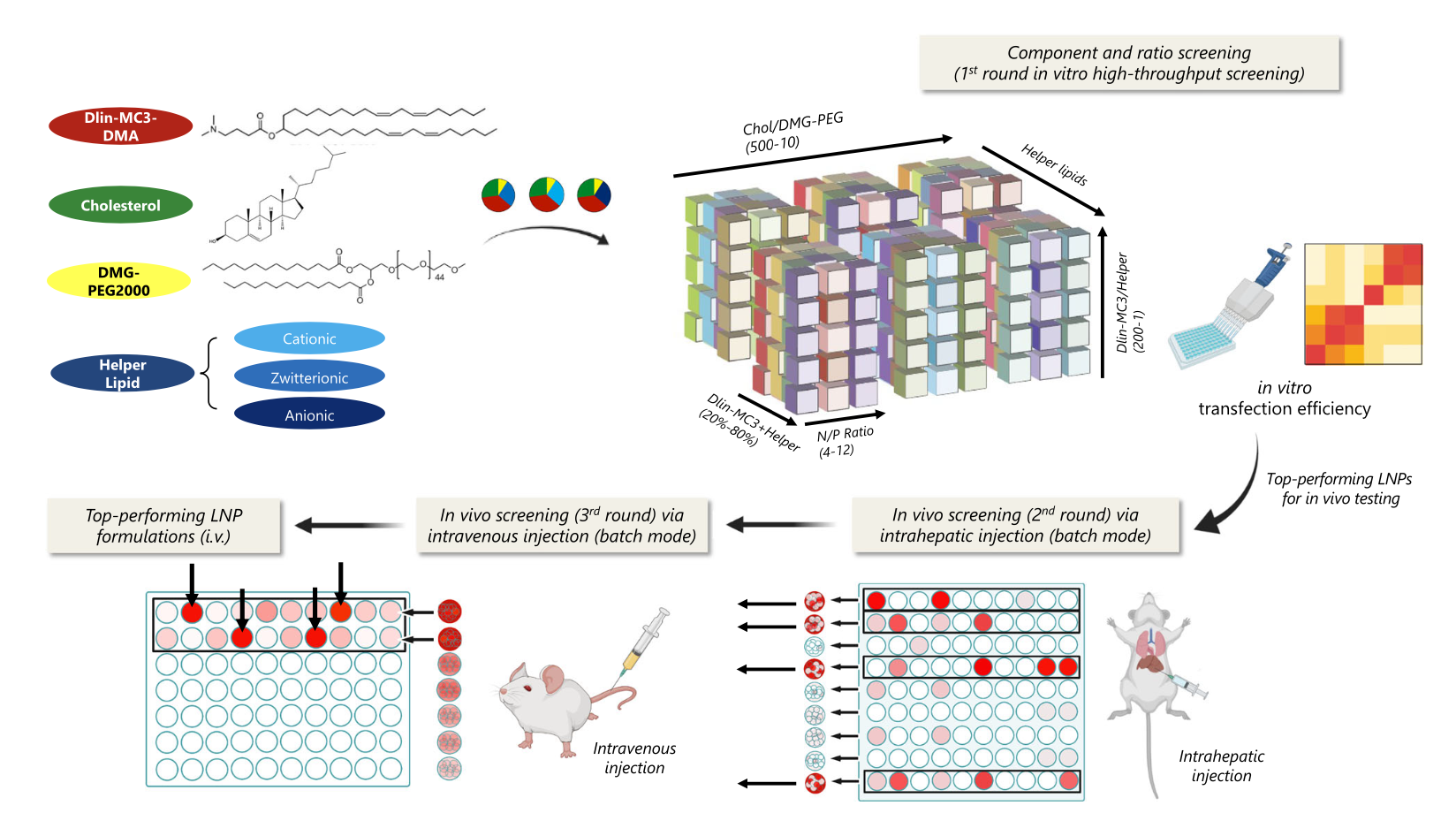
Zhu Y, Shen R, Vuong I, Reynolds RA, Shears MJ, Yao ZC, Hu Y, Cho WJ, Kong J, Reddy SK, Murphy SC, Mao HQ.
- Lipid nanoparticles hold great potential as an effective non-viral vector for nucleic acid-based gene therapy. Plasmid DNA delivery can result in extended transgene expression compared to mRNA-based technologies, yet there is a lack of systematic investigation into lipid nanoparticle compositions for plasmid DNA delivery. In this paper, we report a multi-step screening platform to identify optimized plasmid DNA lipid nanoparticles for liver-targeted transgene expression.
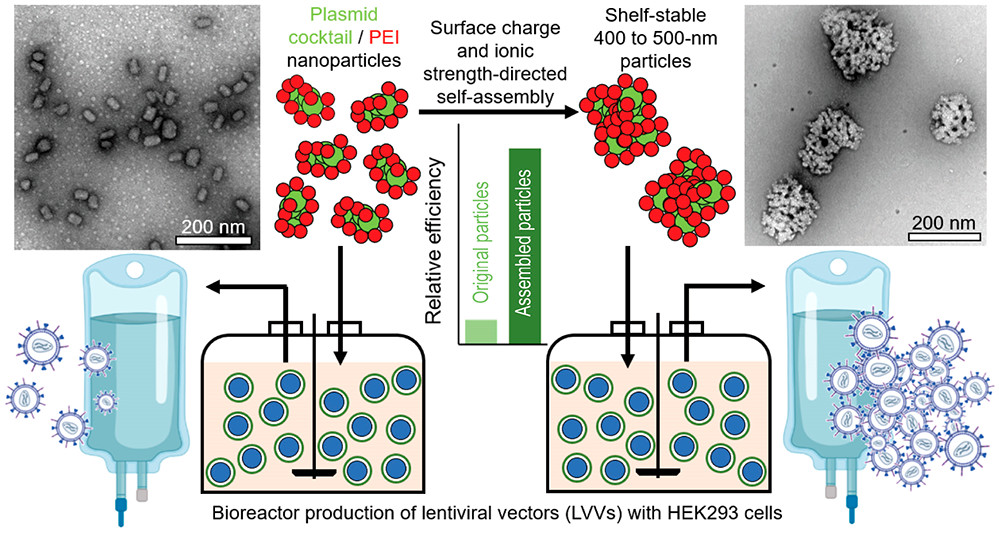
Size-controlled and shelf-stable DNA particles for production of lentiviral vectors
Hu Y*, Zhu Y*, Sutherland ND, Wilson DR, Pang M, Liu E, Staub JR, Berlinicke CA, Zack DJ, Green JJ, Reddy SK, Mao HQ.
- Polyelectrolyte complex particles assembled from plasmid DNA (pDNA) and poly(ethylenimine) (PEI) have been widely used to produce lentiviral vectors (LVVs) for gene therapy. The current batch-mode preparation for pDNA/PEI particles presents limited reproducibility in large-scale LVV manufacturing processes, leading to challenges in tightly controlling particle stability, transfection outcomes, and LVV production yield. In this paper, we identified the size of pDNA/PEI particles as a key determinant for a high transfection efficiency with an optimal size of 400–500 nm, due to a cellular-uptake-related mechanism.
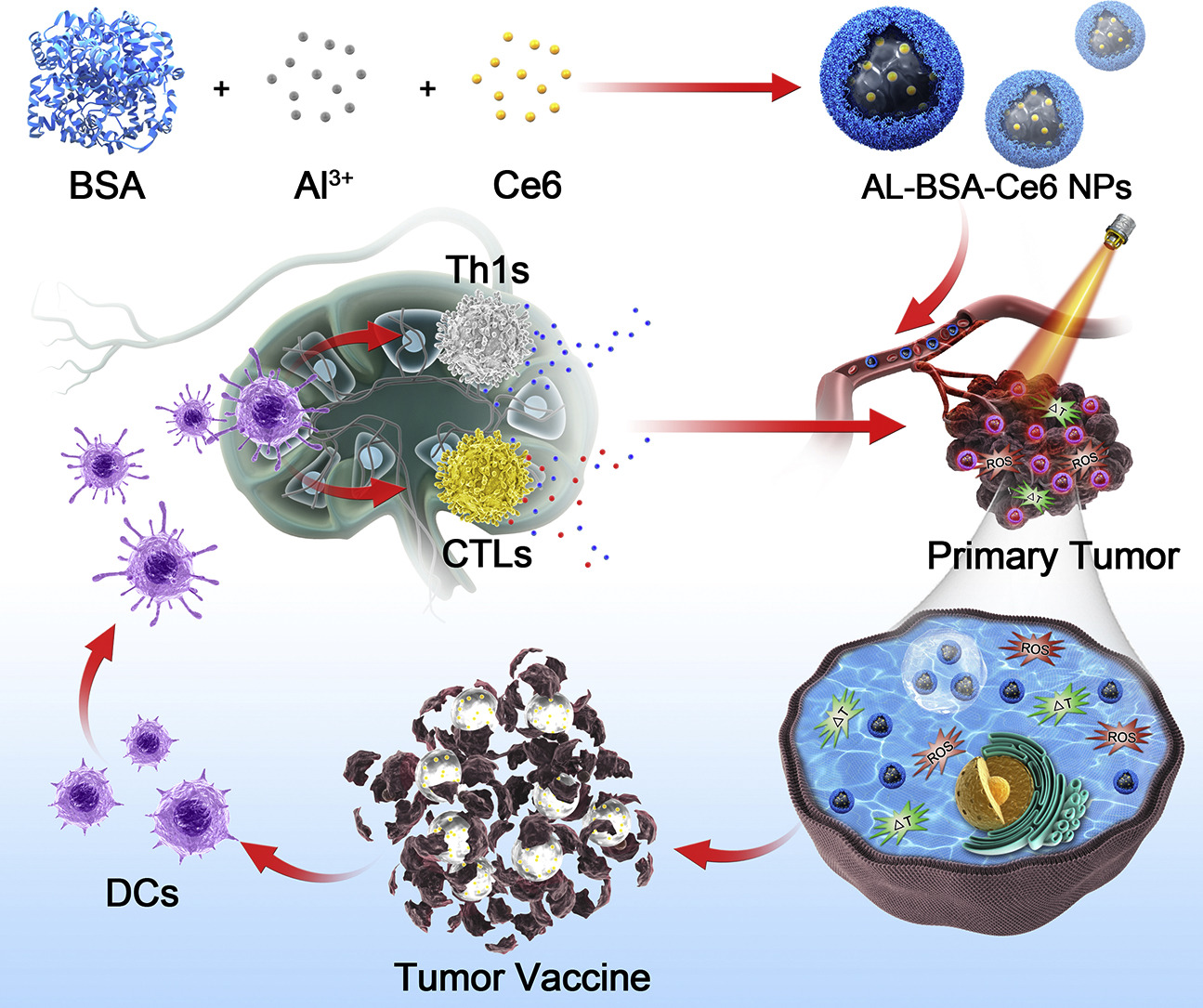
Albumin-biomineralized nanoparticles to synergize phototherapy and immunotherapy against melanoma
Zhu Y*, Xue J, Chen W, Bai S, Zheng T, He C, Guo Z, Jiang M, Du G, Sun X.
- To date, cancer phototherapy remains as an unsatisfactory method of cancer treatment due to the high probability of cancer recurrence - an effect that is partly driven by tumor-driven immunosuppression. Therefore, we propose inducing adequate immune responses after photo tumor ablation may be critical to achieve a long term therapeutic effect of phototherapy. Here, we engineered the photosensitizer chlorin e6 (Ce6) and the time-honored immunoadjuvant aluminum hydroxide into bovine serum albumin by albumin-based biomineralization as a novel nanosystem (Al-BSA-Ce6 NPs) for photoimmune therapy.
Honors and Awards
- 2025.12, Forbes 30 Under 30 in Science, Forbes Media News
- 2025.09, Siebel Scholar Award, Siebel Foundation News
- 2025.04, Student Travel Achievement Recognition (STAR) Award, Society for Biomaterials
- 2024.05, Meritorious Abstract Travel Award, American Society of Gene & Cell Therapy
- 2024.04, The Hans J. Prochaska Research Award, Johns Hopkins University News
- 2023.04, Student Travel Achievement Recognition (STAR) Award, Society for Biomaterials
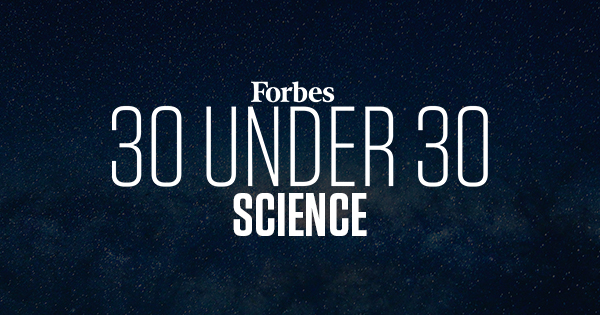
Professional Appointments
- 2026.02 – current, Postdoctoral Associate, Duke University
- 2025.10 – 2026.01, Postdoctoral Associate, Johns Hopkins University


Educations
Johns Hopkins University
Johns Hopkins University
Sichuan University

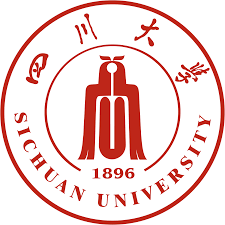
Talks
- 2025, Society of Biomaterials Annual Meeting and Exposition. Enhancing Cell Transfection Efficiency via Modulation of Extracellular Fluid Viscosity.
- 2025, Society of Biomaterials Annual Meeting and Exposition. mRNA lipid nanoparticle-incorporated nanofiber-hydrogel composite generates a local immunostimulatory niche for cancer immunotherapy.
- 2024, Biomedical Engineering Society Annual Meeting. Engineering A Biomaterials-based Lymphoid Niche for mRNA Lipid Nanoparticle Cancer Vaccines.
- 2024, American Society of Gene & Cell Therapy Annual Meeting. A mRNA lipid nanoparticle incorporated nanofiber-hydrogel composite generates a local immunostimulatory niche for cancer immunotherapy.
- 2023, Society of Biomaterials Annual Meeting and Exposition. Lipid Nanoparticle Composition Shapes Immune Response to mRNA Vaccine and Potency of Anticancer Immunity.
- 2022, Society of Biomaterials Annual Meeting and Exposition. Multi-step Screening and Composition Optimization of Lipid Nanoparticles for Liver-targeted Plasmid DNA Delivery.












